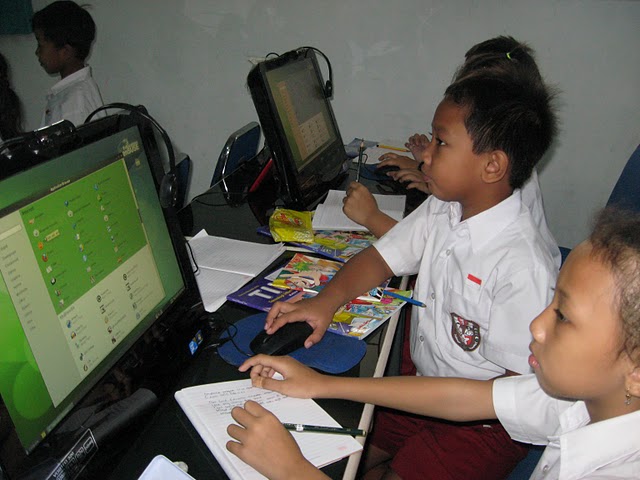Yogyakarta is one of the tourism destination in Indonesia. The unique Javanise tradition blend with some acculturation from outside culture. Recently I was asked by the Ministry of Communication and Information Technology and Office of Education, Youth and Sport of Yogyakarta to help them to prepare the computer lab for elementary and junior high school in Yogyakarta Province – Indonesia.
Well, this is the tough job. I work with some expert, teacher and education strategist to prepare the e-learning system. We should prepare learning/teaching material in digital format, train the teacher to use authoring tools and operating system, and prepare the schools to be ready to receive the PC’s. This government initiative will involve 500 schools in 3 years. Every school that involve in this program will receive 21 PCs.
We select openSUSE Li-f-e as the operating system in every pc. The selection is not because I’m an openSUSE member but we come to the conclusion that openSUSE Li-f-e is the most complete and well prepare distribution for education (well, I convince other expert, some of them are Ph.D, he..he…). This year there are 110 schools involve in this program, this means another new 2310 openSUSE installation and more than 4000 new users if we assume that every PC will be used by 2 students.
Not only give PC to schools we also should connect the schools to the provincial data center. This is really challenging task, some areas of this province is covered by hundred of hills with karst topography and with no terestrial internet connection. Many of the schools is in that area. The road ahead still far away and difficult, but see the face of the children who really enthusiast with the openSUSE make me really happy.
There are more picture on my picasaweb

